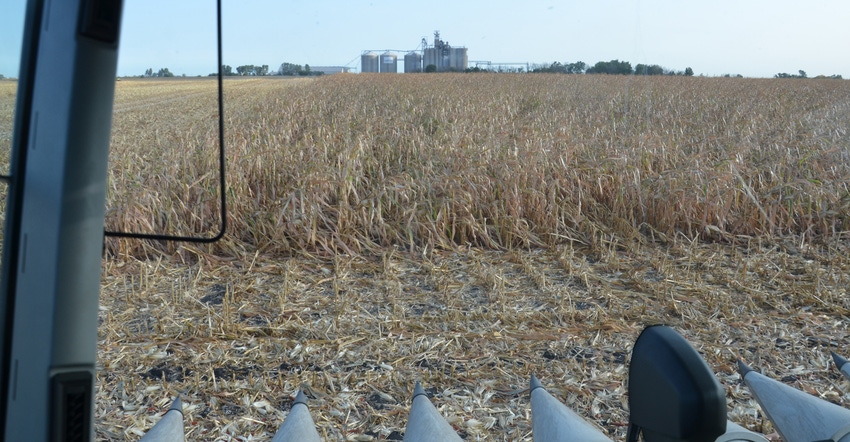
Articles about grain licensing have stimulated more questions from farmers. Bruce Kettler, director of the Indiana State Department of Agriculture, provides answers to this latest round of questions.
If someone buys corn or soybeans in Indiana, do they have to have a grain buyer’s license issued by the Indiana Grain Buyers and Warehouse Licensing Agency within ISDA? It depends on a few things. If a licensee offers grain bank, stored grain, procured at least 50,000 bushels of grain from producers each year or offered deferred price or delayed payment, they all need to have a license. However, there are many grain facilities in Indiana who do not offer these services and do not meet the minimum bushel requirement, so we do not regulate them. For a more formal definition, it is defined in Indiana Code.
Here is the code. Pursuant to Indiana Code 26-3-7-6, a person is required to be licensed by the Indiana Grain Buyers and Warehouse Licensing Agency if the operation:
offers grain bank (e.g., custom feed mill services)
stores grain for hire
procures at least 50,000 bushels of grain from producers per year that are not for the sole purpose of feeding the person’s own livestock or poultry
offers deferred price, delayed payment or contracts linked to a commodity futures or options market in connection with grain purchases
How expensive is that license? Is it the same fee for everyone? Each licensee’s annual fee depends on its own total storage capacity and total number of grain facilities operating in Indiana. The price of a license starts at $1,000 and can go up depending on the type of license a facility needs, how large a facility is or how many facilities they have. The agency issues four different types of grain licenses: grain bank, warehouse, grain buyer and buyer-warehouse. For a more formal definition with actual fees, refer to Indiana Code 26-3-7-6(c).
Does a grain buyer have to belong to their state trade organization? No, Indiana statute does not require a person to be affiliated with a state trade organization to hold a license issued by the agency.
If a grain business operates without a license, are farmers who deal with them still protected by the Grain Indemnity Fund? The Indiana Grain Indemnity Fund is only able to offer certain protections to producers for losses that occurred due to the failure of a grain buyer or warehouse operator licensed by the agency. It’s also important to remember a producer’s participation in the indemnity program is voluntary. If a producer requests and receives a refund of their respective producer premium(s) from the fund, the producer is no longer protected by the indemnity program and may not receive any compensation from the Indiana Grain Indemnity Fund, even if the failed grain buyer or warehouse operator is licensed by the agency.
If collection opens for the fund, do grain buyers without a license collect and pay into the fund? The Indiana Grain Indemnity Fund is not in a collection period currently. If the balance becomes $20 million or less, a collection period would begin. As required by statute, grain buyers licensed by the agency collect and remit producer premiums to the Indiana Grain Indemnity Fund during an official collection period.
About the Author(s)
You May Also Like




